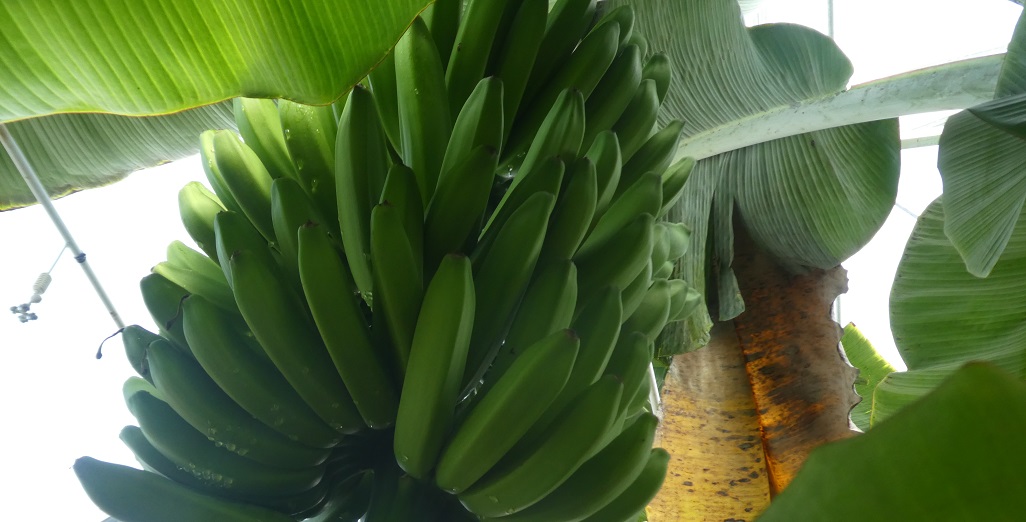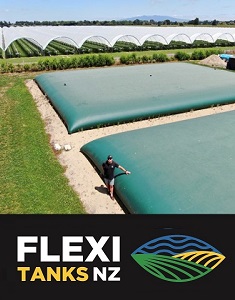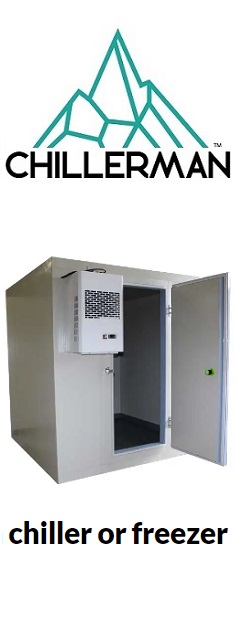Sign up here to subscribe to the Grower2grower Ezine. Every two weeks you will receive new articles, specific to the protected cropping industry, informing you of industry news and events straight to your inbox.
Aug 2020
History continues to evolve for De Ruiter Seeds
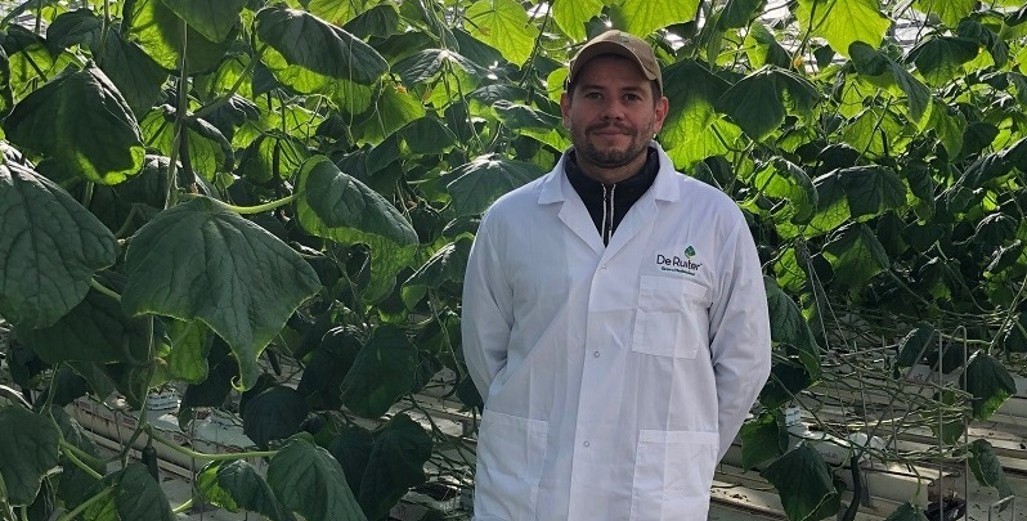
New Zealand’s most popular tomato and cucumber varieties:
Ulrica, Saxes, Kenia, Alfred and Antarctica are some of New Zealand’s most popular tomato and cucumber varieties. These stalwarts of glasshouse production have supported growers for decades and their production and performance is relied on.
These products have their genesis in 1945, in the village of Bleiswijk, Netherlands. In the aftermath of the second world war, Wouter de Ruiter established a small company that produced, initially, seed potatoes and agricultural and horticultural seeds. Over the years, de Ruiter’s company expanded and became known for high-quality tomato genetics and breakthrough disease packages. Indeed, it was the 1970’s that launched Sonato[1], a tomato resistant to the Tobacco Mosaic Virus which became a leading horticultural innovation against a devastating disease.
Still based in the Netherlands and still the home of these varieties, De Ruiter™ today has expanded to myriad other products which continue to manifest the transformative legacy of those early innovations. From cucumbers, to peppers and high performing rootstocks, the foundations of De Ruiter – a commitment to research and development, outstanding performance and adaptability – remains true.
Image above of Kenia, short green cucumber variety growin in New Zealand.
Mark Dunning and Marco Lozada for De Ruiter in New Zealand
Mark Dunning, De Ruiter Business Manager in New Zealand is passionate about the next generation of horticulture and the future of food. As a grower earlier in his career, Mark has experienced the long days, late nights, crop failures, disease incursions and more.
“While it has been a few years now, the one thing that I remember about being a grower is the sheer number of decisions that need to be made. If you stopped and thought about the intricacies – what it takes to grow a marketable crop and counted all the big and small decisions that go into that – you may wonder how on earth a seed is ever planted!” says Mark. Running the commercial operations of Bayer Vegetable Seeds in New Zealand in addition to his responsibilities for the De Ruiter portfolio keeps Mark busy. While overseeing a team of Research and Development, Sales and Customer Service staff, Mark still finds time to complete an MBA from the University of Auckland and spend time with his young family.
“While I’m not growing anymore, I do think those years trained me well for the responsibilities I have today. The ability to think on my feet, gather and analyse information quickly, think technically and find solutions to set a course of action and get things done, are things growers do on a daily basis. That was drilled into me from start and it keeps me going today,” he says.
“Seeds are only one input to a programme but getting that decision right is critical. When you find a variety that works for you – there is a part of that decision making, that becomes easier. When you learn a variety, how to work with it, it becomes a seamless part of your operation and you can move from needing to be a more proactive crop manager to a more passive crop manager, in that the recipe you are working with becomes more predictable and you can almost automate elements of decision making.
“I believe that is part of the reason Ulrica, Saxes and Kenia are so ingrained here – because growers know how to work with them and maximise them,” explains Mark.
“That’s what has given De Ruiter this long and successful history as the brand of choice for glasshouse growers. High performing, reliable varieties that take away the guesswork.”

Image above Mark Dunning, Commercial Operations Manager, Monsanto New Zealand Ltd
[1] https://www.deruiterseeds.com/en-us/about.html
Marco Lozada joined De Ruiter in New Zealand in 2019 as De Ruiter Business Development Coordinator and is working closely with glasshouse growers to trial new products and support growers with their glasshouse production needs.
Marco believes that in addition to high performance, the De Ruiter mentality is ultimately forward-looking. Recently, the well-known De Ruiter Experience Centre in the Netherlands joined the Bayer ForwardFarming initiative. It is the first glasshouse to join more than 17 other independent farms in the network.
Bayer ForwardFarming focusses on three different aspects of sustainable agriculture – environmental responsibility, economic viability and how sustainable measures contribute to societal prosperity. Seeds and traits form part of the Tailored Solutions component of the ForwardFarming initiative, reflecting the importance of seeds in grower’s decision-making and how innovative plant breeding techniques are resulting in new varieties that help farmers grow enough with less.
“Glasshouse production is evolving in every aspect, not only in response to today’s challenges but also to those of tomorrow,” says Marco.
“Pathogens, agronomic systems and the economics of glasshouse production evolve, as do the varieties we bring to market. We utilise the best plant breeding techniques to ensure that new varieties respond to grower needs today and the needs of tomorrow. Attributes like yield, disease resistance, firmness, reduced labour, taste, flavour, colour and more.
“The fact some of our varieties have been around for so long in New Zealand is evidence of that. The mindset that drove those products is the mindset that persists today, and growers can expect even better quality and performance from new generation products as well.
“De Ruiter is beside you on the journey and we value the opportunity to work with you as part of your decision-making process. Trialing new varieties, having a conversation about what else you could grow, or how to maximise your existing program, are all discussions we welcome.
“The De Ruiter team in New Zealand is small but passionate. We are also very well connected to our global teams and so we are a resource for you to use.
“As our varieties have – let us support you!” says Marco

Above: Marco Lozada joined De Ruiter in New Zealand in 2019 to work closley with NZ greenhouse growers.
To contact Marco, call him on +64 27 222 2432 or email marco.lozada@bayer.com
To contact Mark, call him on +64 21 651 444 or email mark.dunning@bayer.com
CLASSIFIED
Subscribe to our E-Zine
More
From This Category
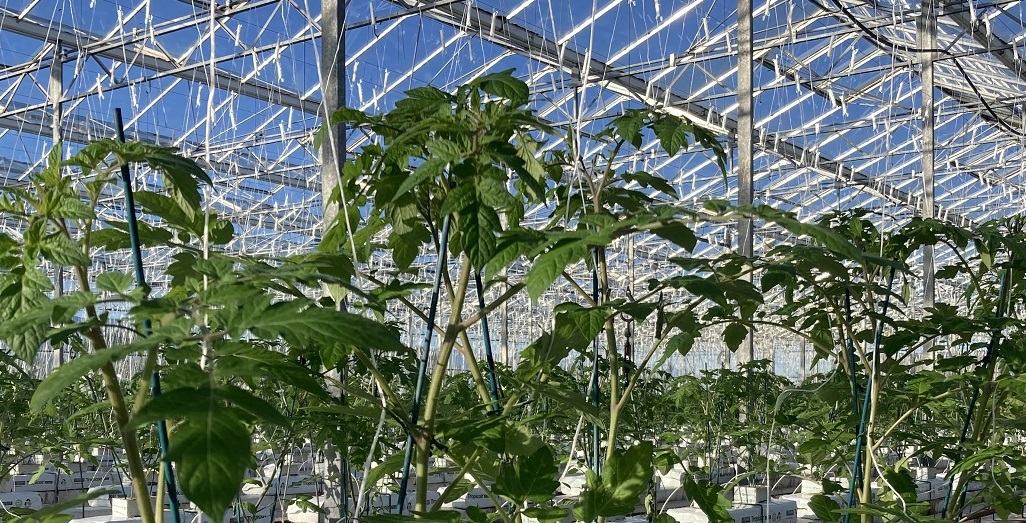
Views sought on streamlining treated seed rules
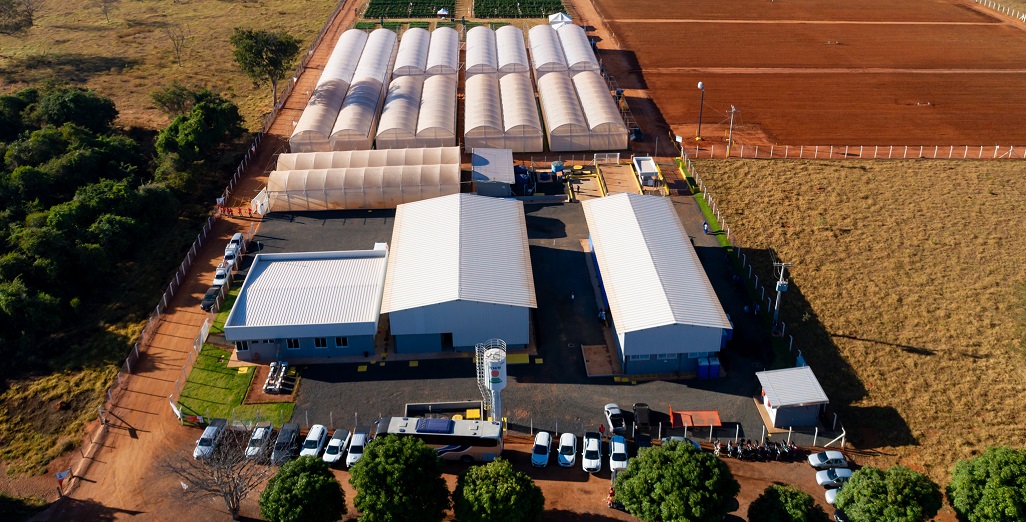
KWS inaugurates new R&D facility in Uberlândia, Brazil
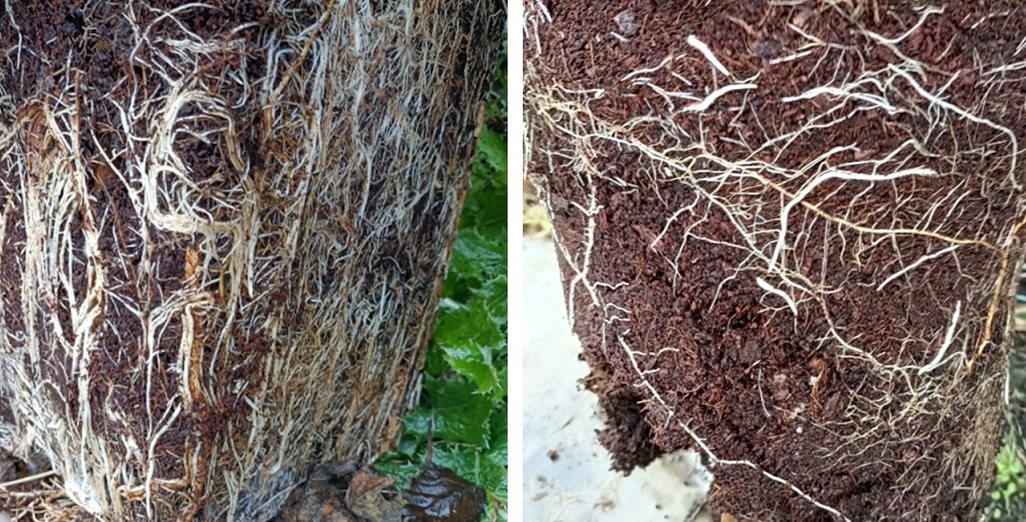
Synergy – protect plants from various soil-borne pathogens.
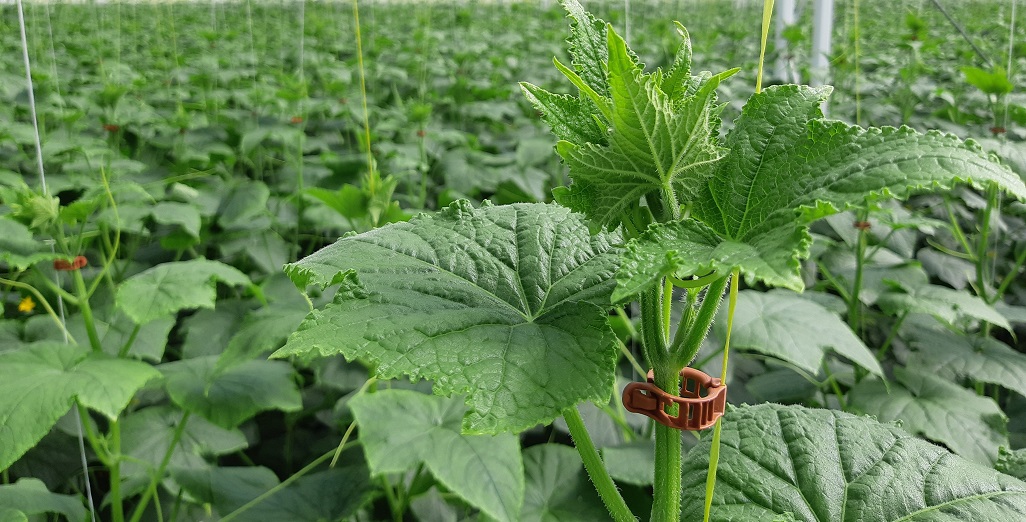
UPtrace is a new variety in NZ for Hi-Tech Production.
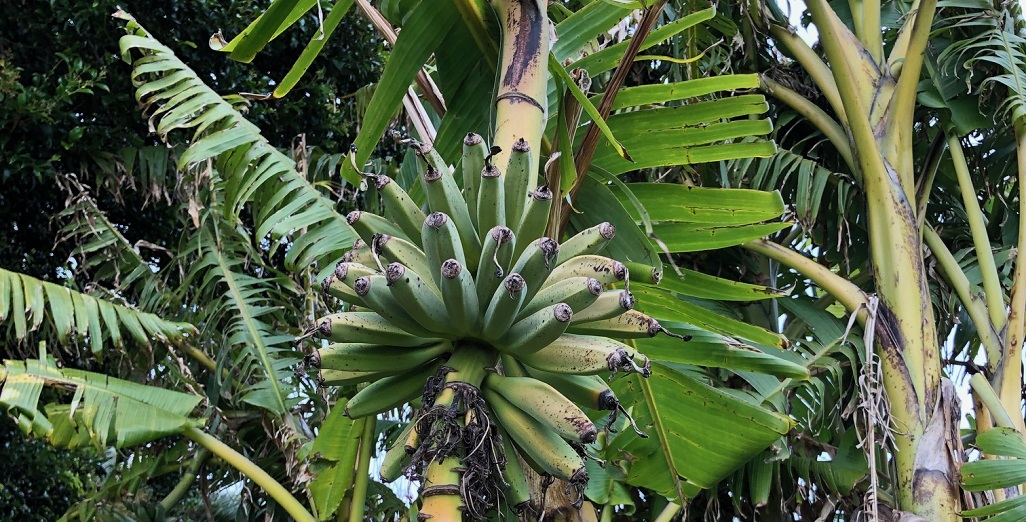
From Northland to Whakatane – I keep seeing more and more home gardens with banana crops.
